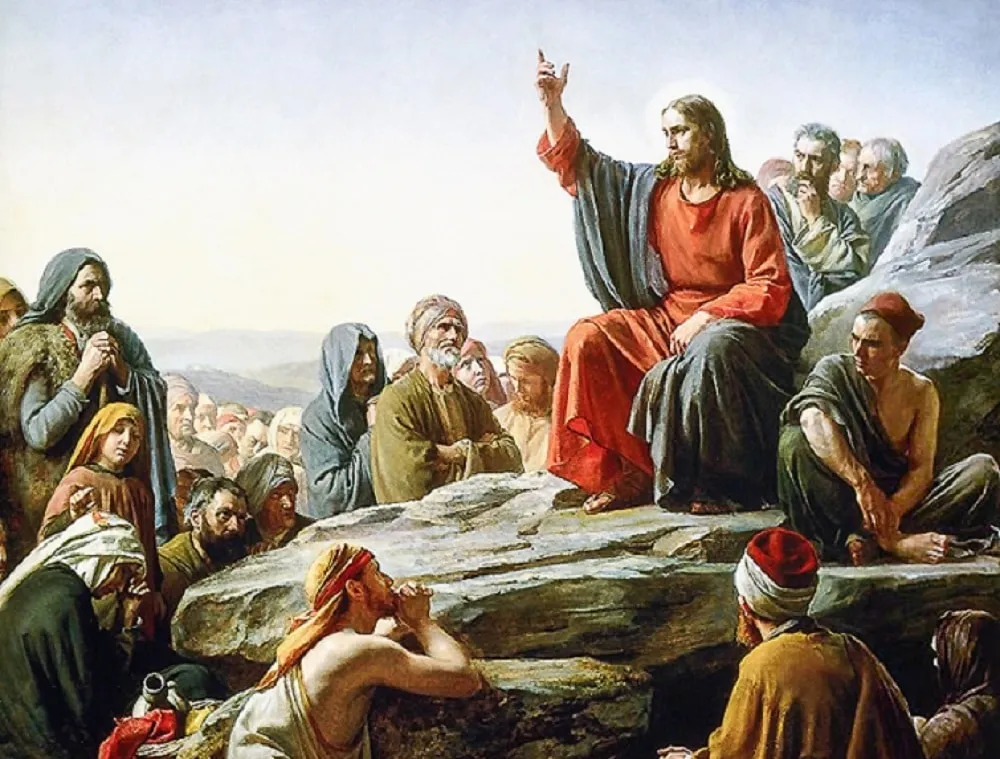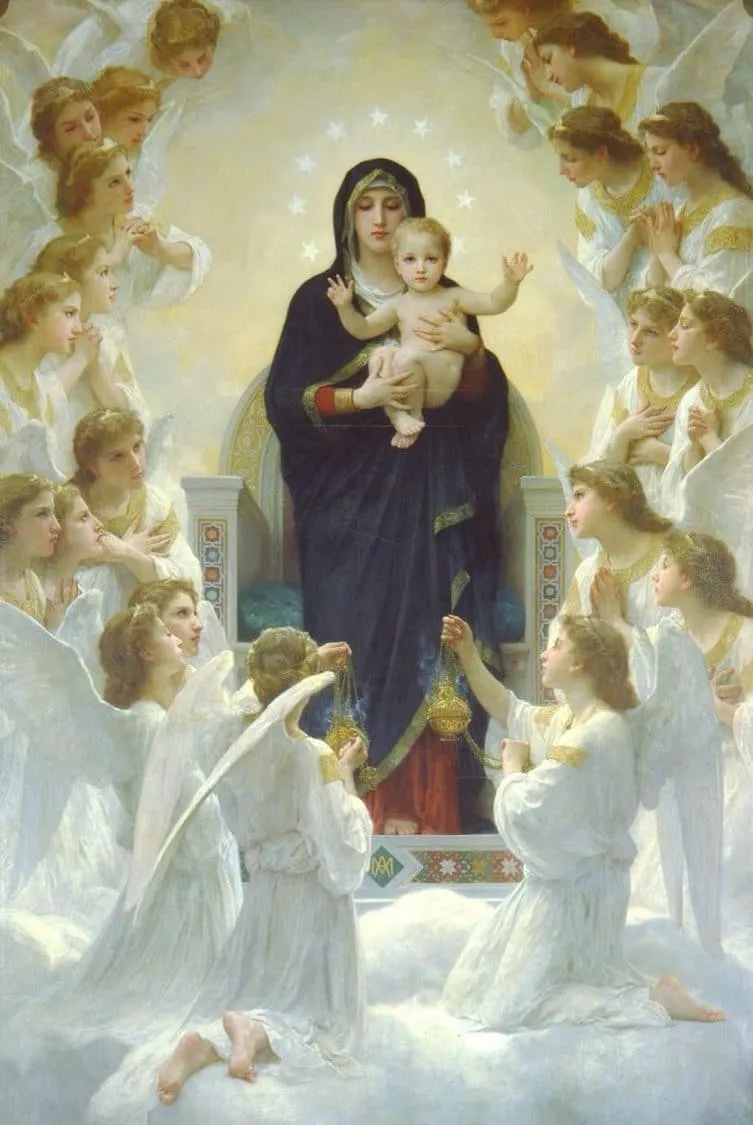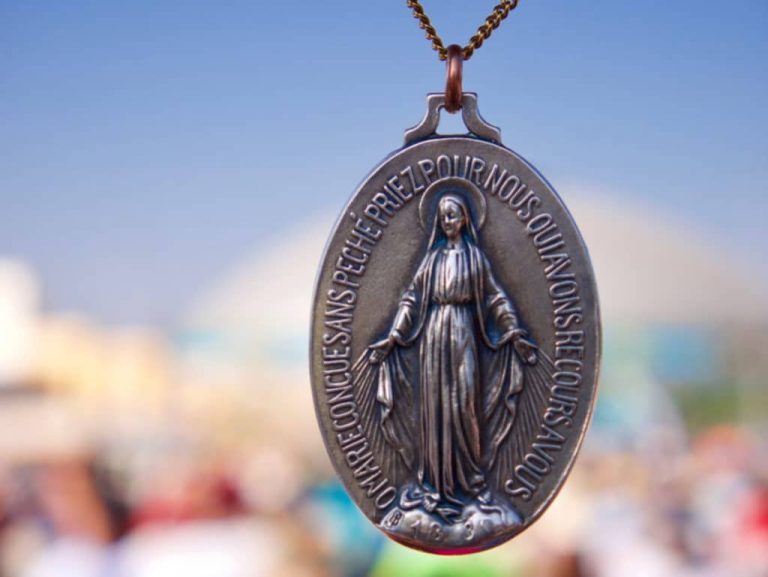Parables of Jesus: History, Importance and Meaning
During Jesus’ stay on earth, various interpretations of the word of God known as parables were expressed, in order to be simpler, easier to understand and easier to explain for all people, let’s learn here about the parables of Jesus.
What are the Parables?
The parables are known as a comparison or a way of making a relationship of some stories or spiritual stories that you want to carry out. They tend to quickly attract the interest of people, because they can be very supernatural, mysterious and even reflective expressions that lead the person to reflect, this type of method was very applied by Jesus Christ, in this way he managed to teach the word in a dynamic way and entertaining, being very effective because it made a mark on people’s lives.
The Parables of Jesus
It is very well known that the word of God embodied in the Bible can become very difficult to understand due to the difficulties of the language and way of speaking in different times, therefore, when Jesus was in this world he dedicated himself to explaining the teachings of God through parables, we can see them reflected in the Gospels of Saint John, Saint Luke, Saint Matthew and Saint Mark; The brief narratives that Jesus taught based on morality and religiosity are transcribed.
The parables of Jesus, we must be aware that they are not fables because they do not speak at any time of animals that have any human characteristics, much less are they based on assumptions, but are completely related to observations of daily life. Therefore, today, most of the sermons are focused on the reflections or parables made by Jesus for the Hebrew people, where he helped everyone to understand the purpose of heaven.
The main objective of the parables of Jesus is to show the different ways people act in order to enter heaven. Using the parables at various times and being described by most of his disciples, known as apostles. In addition, emphasizing that through the parables the word of God can be understood, those who have accepted God from the heart, while those who have a hardened heart and their spiritual senses closed will not be able to understand.
Jesus was in charge of constantly speaking in parables, these parables were full of the word of God for those who wanted to understand them and had a willing heart. There is a classification of the parables of Jesus , according to the type of message that Jesus wanted to convey to people, observing the type of topic to be dealt with, always bearing in mind that the parables of Jesus and their meaning were always related to the teachings of the Holy writings.
The main theme to reflect is that of the Kingdom of Heaven, which is constantly evaluated and brought to numerous scholars who wish to speak and reinforce the theme to be discussed, explaining it in the parable of the hidden treasure and the one of the lost pearl, in this way it is reflected the value of the kingdom of heaven. You can also get to reflect the themes of loss and redemption through the parable of the lost sheep, lost coin and the prodigal son.
Other themes that are reflected are the eschatological and at the time of the final judgment, through the parables of the faithful servant, ten virgins, the parable of the tares or that of the rich fool, there were also some independent themes such as the parables of Jesus for children where he talks about letting children get close to him because of such are the kingdom of heaven, or about love of neighbor without exclusions like that of the parable of the Good Samaritan.
Lists of the parables of Jesus
The various parables applied by Jesus throughout his ministry on earth were carried out, classified by various themes, but also being ordered in the form of a conceptual map of the parables of Jesus by the various gospels of the New Testament, including in some of the apocryphal books, let us know below according to the expressed gospels.
Parables of the Canonical Gospel
- Gospel of Saint Matthew
Parable of the lamp (Matthew 5: 13-16)
Parable of the defendant (Matthew 5:21-26)
Parable of the Birds (Matthew 6: 25- 26)
Parables of the Lilies (Matthew 6: 28-34)
Parables of the Straw and the Vine (Matthew 7: 1- 5)
Parables of the tree and its fruits (Matthew 7: 15-20)
Parable of the House on the Rock (Matthew 7: 24-27)
Parable of the new wine and the old wineskins (Matthew 9: 16-17)
Parable of the strong man with his hands tied (Matthew 12: 29-32)
Parable of the truths of Jesus (Matthew 12: 48 – 50)
Parable of the Sower (Matthew 13: 1- 9)
Parable of the Wheat and the Tares (Matthew 13: 24-30)
Parable of the mustard seed (Matthew 13: 31- 32)
Parable of the Yeast (Matthew 13: 33)
Parable of the Hidden Treasure (Matthew 13:44)
Parable of the Pearl of Great Price (Matthew 13: 45- 46)
Parable of the Net (Matthew 13: 47-50)
Parable of the Family Guy (Matthew 13: 52)
Parable of the Little Boy (Matthew 18: 1- 10)
Parable of the Lost Sheep (Matthew 18: 12- 14)
Parable of the Official who did not want to Forgive (Matthew 18: 23-35)
Parable of the Workers in the Vineyard (Matthew 20: 1- 16)
Parable of the two Sons (Matthew 21: 28- 32)
Parable of the Homicidal Vinedressers (Matthew 21: 33-44)
Parable of the Wedding Banquet (Matthew 22: 1- 14)
Parable of the Fig Tree (Matthew 24: 32-35)
Parable of the Watchful Servant (Matthew 24: 42-44)
Parable of the Ten (Matthew 25: 1- 13)
Parable of the Talents (Matthew 25: 14-30)
Parable of the Last Judgment (Matthew 25: 31- 46)
- Gospel of Saint Mark
Parable of New Wine and old wineskins (Mark 2: 21-22)
Parable of the Strong Man with his hands tied (Mark 3: 27-29)
Parable of the truths of Jesus (Mark 3: 33- 35)
Parable of the Sower (Mark 4: 1- 9)
Parable of the Lamp (Mark 4: 21-23)
Parable of the Growth of the Seed (Mark 4:26-29)
Parable of the Mustard Seed (Mark 4: 30-32)
Parable of the little boy (Mark 9: 35-37)
Parable of the homicidal vinedressers (Mark 12: 1- 11)
Parable of the Fig Tree (Mark 13:28:31)
Parable of the Watchful Servant (Mark 13: 34-37)
- Gospel of Saint Luke
Parable of New Wine and Old Wineskins (Luke 5:36-39)
Parable of the tree and its fruits (Luke 6: 43-45)
Parable of the house on the rock (Luke 6:47-49)
Parable of the two debtors (Luke 7: 41- 47)
Parable of the Sower (Luke 8: 4 – 8)
Parable of the Lamp (Luke 8: 16- 18)
Parable of the truths of Jesus (Luke 8: 20- 21)
Parable of the little boy (Luke 9: 46- 48)
Parable of the Good Samaritan (Luke 10:25-37)
Parable of the Unwelcome Friend (Luke 11: 5- 10)
Parable of the Strong Man with his hands tied (Luke 11: 21- 23)
Parable of the Rich Fool (Luke 12: 16- 21)
Parables of the Birds (Luke 12: 22- 26)
Parables of the Lilies (Luke 12: 27- 31)
Parable of the Watchful Servant (Luke 12: 35-40)
Parable of the Defendant (Luke 12: 57-59)
Parable of the Fruitless Fig Tree (Luke 13: 6- 9)
Parable of the Mustard Seed (Luke 13: 18-19)
Parable of the Yeast (Luke 13: 20-21)
Parable of the Wedding Feast (Luke 14: 15 -24)
Parables of the Apocryphal Gospel
- Gospel of Thomas
Parable of the Net (Chapter 8)
Parable of the Sower (Chapter 9)
Parable of the Mustard Seed (Chapter 20)
Parable of the Watchful Servant (Chapter 21)
Parable of the Lamp (Chapter 33)
Parable of the Strong Man with his hands tied (Chapter 35)
Parable of the tree and its fruits (Chapter 45)
Parable of New Wine and Old Wineskins (Chapter 47)
Parable of the Wheat and the Tares (Chapter 57)
Parable of the Rich Fool (Chapter 63)
Parable of the Wedding Feast (Chapter 64)
Parable of the Homicidal Vinedressers (Chapter 65)
Parable of the Pearl of Great Price (Chapter 76)
Parable of the Yeast (Chapter 96)
Parable of the truths of Jesus (Chapter 99)
Parable of the Lost Sheep (Chapter 107)
Parable of the Hidden Treasure (Chapter 109)






